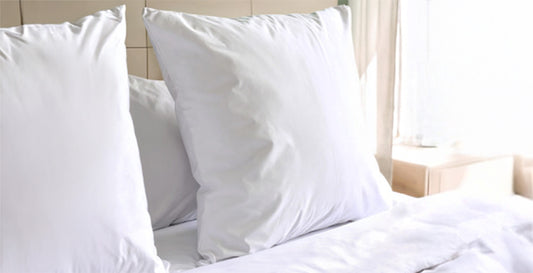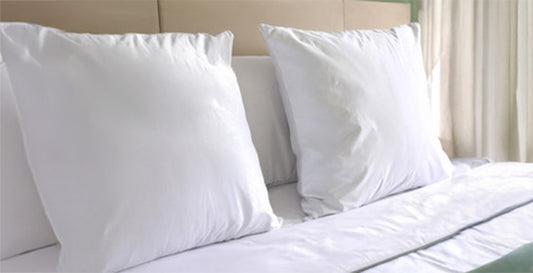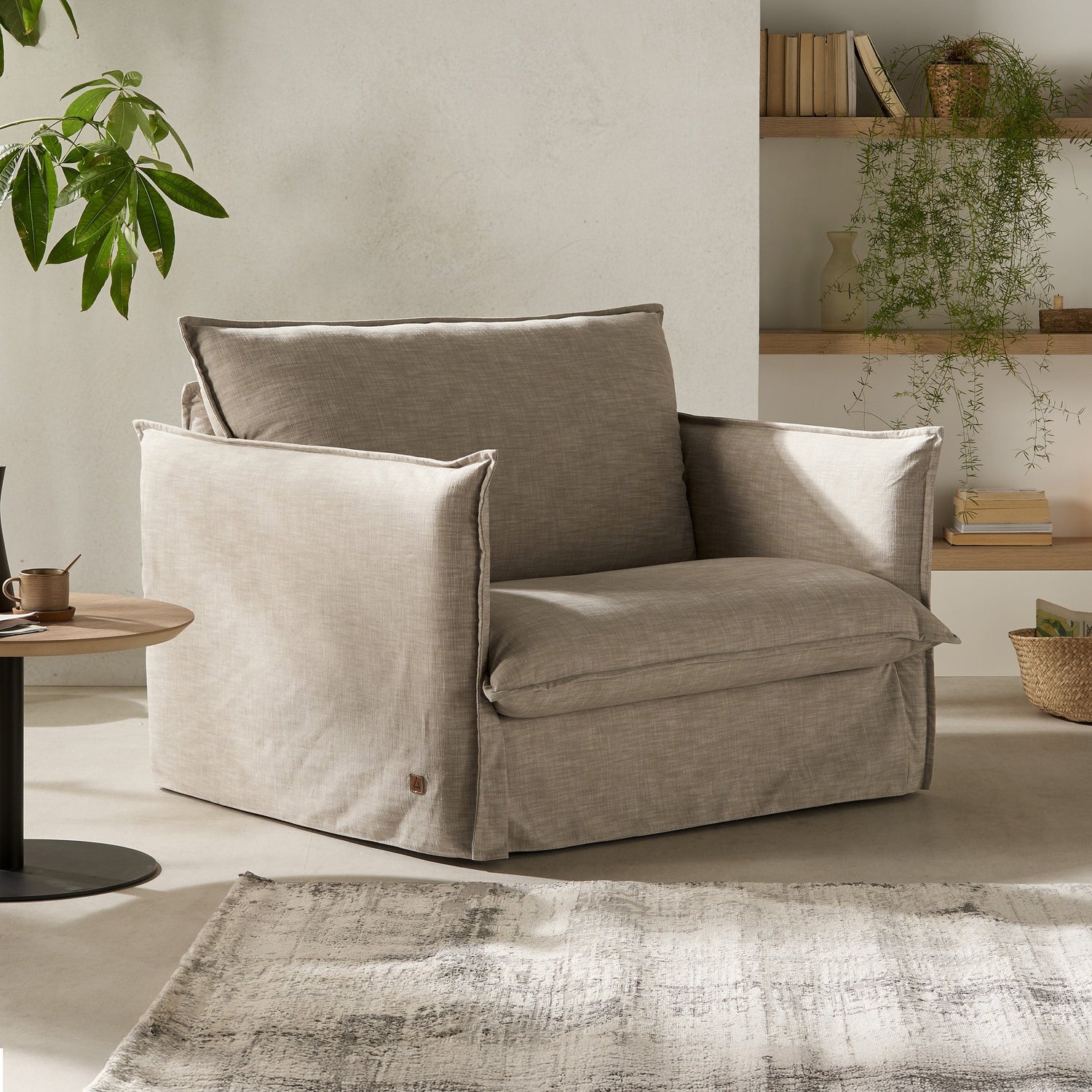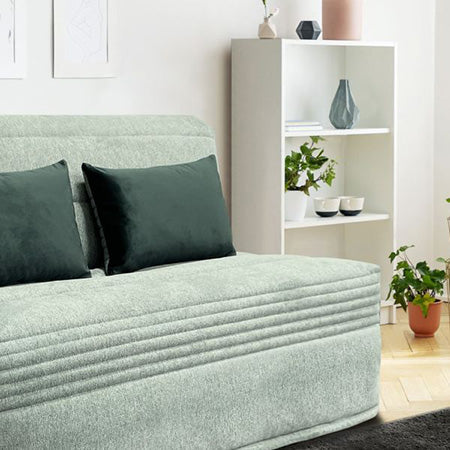Buying a mattress for a sofa bed is a major investment in your well-being. After all, we spend nearly a third of our lives sleeping! For everyday sleeping on a sofa bed, choosing the right mattress is not something to be taken lightly. Beyond size and technology, a key criterion that is often misunderstood is density.
Yet, it's the density that determines your body's support, the durability of your mattress, and ultimately, the quality of your nights and the health of your back. So, how do you navigate this and which density should you choose for everyday use? This guide is here to enlighten you.
What is mattress density and why is it crucial?
The density of a mattress, expressed in kilograms per cubic meter ( kg/m³), represents the amount of material present in the foam. Please note: density does not indicate firmness! A very dense mattress can be firm or soft depending on its composition and layers.
Its importance for daily sleeping is crucial.
Body support
Sufficient density ensures that the mattress properly supports your spine, preventing sagging and painful pressure points.
Sustainability
The higher the density, the more resistant the mattress will be to sagging and wear, thus extending its lifespan. For everyday use, this is essential!
Independence of sleeping
Good density can contribute to better sleeping independence if you sleep with someone else.
Recommended density for daily sleeping by mattress type
Density values vary slightly depending on mattress technology.
Polyurethane foam mattress (HR - High resilience)
- For an adult of average build (50-80kg): aim for a minimum density of 30 to 35 kg/m³.
- For a heavyset adult (over 80kg) or for very firm support: choose a density of 40 kg/m³ and more (up to 50 kg/m³).
- Note that HR foam is known for its ability to return to its shape after compression, an asset for daily durability.
Memory foam (viscoelastic) mattress
- Memory foam is usually a top layer that deforms with body heat. It is often combined with an HR foam base.
- For the shape memory layer: a density of 50 kg/m³ and more is a guarantee of quality and durability for the enveloping support.
- Note that the higher the density of the shape memory, the denser and more responsive it is, and the more it will support your body in depth.

Personal factors that influence the choice of mattress density
The ideal density is not universal. It depends on several factors.
Your body shape
The larger you are, the higher density you will need for sufficient support and durability.
Your firmness preferences
If you like a very firm mattress, opt for the higher densities in each category.
Your back problems
Proper support is crucial. Often, a higher density is recommended, but the type of mattress (memory foam for pressure points) can also be decisive.
READ ALSO: What ergonomics of sofa bed should you choose if you have back problems?
Your sleeping position
Stomach sleepers may prefer a slightly higher firmness to avoid arching their backs, while side sleepers need a mattress that contours to relieve pressure on their shoulders and hips.
To conclude, the mattress density for daily sleeping on a convertible sofa
Choosing the right density for your daily sleeping mattress on a sofa bed is a fundamental step in ensuring restful nights and maintaining your lumbar health. Don't rely solely on the terms "firm" or "soft," which are subjective. Focus on the mattress's density values and technology, adapting them to your body shape and preferences.
Investing in a good-density mattress is an investment in your long-term well-being. Don't hesitate to ask our in- store sales associates for advice and test the mattress before making your final decision!











